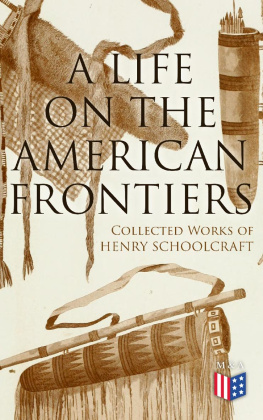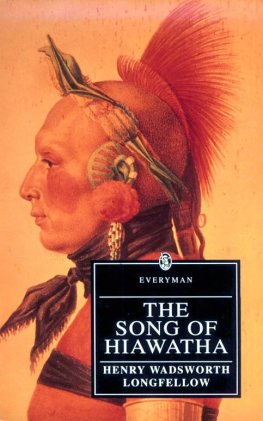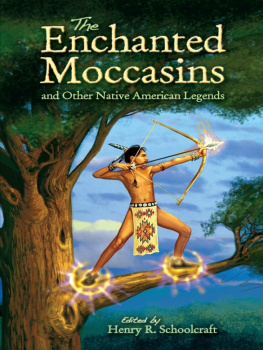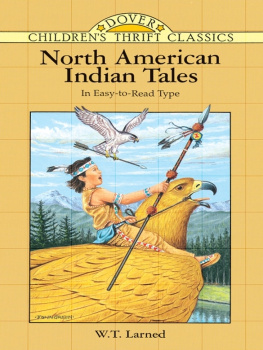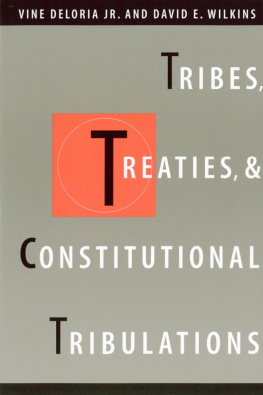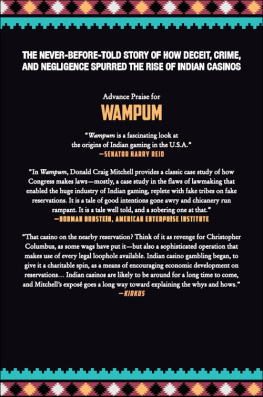PREFACE.
Ten years ago I returned from the area of the Mississippi Valley to New York, my native State, after many years' residence and exploratory travels of that quarter of the Union. Having become extensively known, personally, and as an author, and my name having been associated with several distinguished actors in our western history, the wish has often been expressed to see some record of the events as they occurred. In yielding to this wish, it must not be supposed that the writer is about to submit an autobiography of himself; nor yet a methodical record of his times--tasks which, were he ever so well qualified for, he does not at all aspire to, and which, indeed, he has not now the leisure, if he had the desire, to undertake.
Still, his position on the frontiers, and especially in connection with the management of the Indian tribes, is believed to have been one of marked interest, and to have involved him in events and passages often of thrilling and general moment. And the recital of these, in the simple and unimposing forms of a diary, even in the instances where they may be thought to fail in awakening deep sympathy, or creating high excitement, will be found, he thinks, to possess a living moral undertone. In the perpetual conflict between civilized and barbaric life, during the settlement of the West, the recital will often recall incidents of toil and peril, and frequently show the open or concealed murderer, with his uplifted knife, or deadly gun. As a record of opinion, it will not be too much to say, that the author's approvals are ever on the side of virtue, honor, and right; that misconception is sometimes prevented by it, and truth always vindicated. If he has sometimes met bad men; if he has experienced detraction, or injustice; if even persons of good general repute have sometimes persecuted him, it is only surprising, on general grounds, that the evils of this kind have not been greater or more frequent; but it is conceived that the record of such injustice would neither render mankind wiser nor the author happier. The "crooked" cannot be made "straight," and he who attempts it will often find that his inordinate toils only vex his own soul. He who does the ill in society is alone responsible for it, and if he chances not to be rebuked for it on this imperfect theatre of human action, yet he cannot flatter himself at all that he shall pass through a future state "scot free." The author views man ever as an accountable being, who lives, in a providential sense, that he may have an opportunity to bear record to the principles of truth, wherever he is, and this, it is perceived, can be as effectually done, so far as there are causes of action or reflection, in the recesses of the forest, as in the area of the drawing-room, or the purlieus of a court. It is believed that, in the present case, the printing of the diary could be more appropriately done, while most of those with whom the author has acted and corresponded, thought and felt, were still on the stage of life. The motives that, in a higher sphere, restrained a Wraxall and a Walpole in withholding their remarks on passing events, do not operate here; for if there be nothing intestimonial or faulty uttered, the power of a stern, high-willed government cannot be brought to bear, to crush independence of thought, or enslave the labors of intellect: for if there be a species of freedom in America more valuable than another, it is that of being pen-free.
It is Sismondi, I think, who says that "time prepares for a long flight, by relieving himself of every superfluous load, and by casting away everything that he possibly can." The author certainly would not ask him to carry an onerous weight. But, in the history of the settlement of such a country and such a population as this, there must be little, as well as great labors, before the result to be sent forward to posterity can be prepared by the dignified pen of polished history; and the writer seeks nothing more than to furnish some illustrative memoranda for that ultimate task, whoever may perform it.
He originally went to the west for the purpose of science. His mineralogical rambles soon carried him into wide and untrodden fields; and the share he was called on to take in the exploration of the country, its geography, geology, and natural features, have thrown him in positions of excitement and peril, which furnish, it is supposed, an appropriate apology, if apology be necessary, for the publication of these memoirs.
But whatever degree of interest and originality may have been connected with his early observations and discoveries in science, geography, or antiquities, the circumstances which directed his attention to the Indian tribes--their history, manners and customs, languages, and general ethnology, have been deemed to lay his strongest claim to public respect. The long period during which these observations have been continued to be made, his intimate relations with the tribes, the favorable circumstances of his position and studies, and the ardor and assiduity with which he has availed himself of them, have created expectations in his case which few persons, it is believed, in our history, have excited.
It is under these circumstances that the following selections from his running journal are submitted. They form, as it were, a thread connecting acts through a long period, and are essential to their true understanding and development. A word may be said respecting the manner of the record which is thus exhibited:--
The time is fixed by quoting exactly the dates, and the names of persons are invariably given wherever they could, with propriety, be employed; often, indeed, in connection with what may be deemed trivial occurrences; but these were thought essential to the proper relief and understanding of more important matters. Indeed, a large part of the journal consists of extracts from the letters of the individuals referred to; and in this way it is conceived that a good deal of the necessarily offensive character of the egotism of journalism is got rid of. No one will object to see his name in print while it is used to express a kind, just, or noble sentiment, or to advance the cause of truth; and, if private names are ever employed for a contrary purpose, I have failed in a designed cautiousness in this particular. Much that required disapprobation has been omitted, which a ripening judgment and more enlarged Christian and philosophic view has passed over; and much more that invited condemnation was never committed to paper. Should circumstances favor it, the passages which are omitted, but approved, to keep the work in a compact shape, will be hereafter added, with some pictorial illustrations of the scenery.
The period referred to, is one of considerable interest. It is the thirty years that succeeded the declaration of war by the United States, in 1812, against Great Britain, and embraces a large and important part of the time of the settlement of the Mississippi Valley, and the great lake basins. During this period ten States have been added to the Union. Many actors who now slumber in their graves are called up to bear witness. Some of the number were distinguished men; others the reverse. Red and white men alike express their opinions. Anecdotes and incidents succeed each other without any attempt at method. The story these incidentally tell, is the story of a people's settling the wilderness. It is the Anglo-Saxon people occupying the sites of the Indian wigwams. It is a field in which plumed sachems, farmers, legislators, statesmen, speculators, professional and scientific men, and missionaries of the gospel, figure in their respective capacities. Nobody seems to have set down to compose an elaborate letter, and yet the result of the whole, viewed by the philosophic eye, is a broad field of elaboration.



